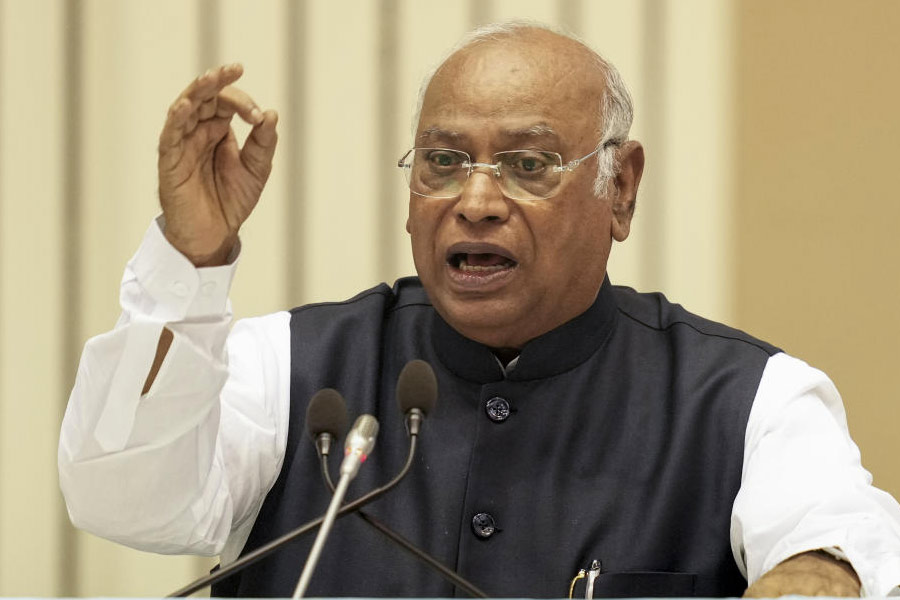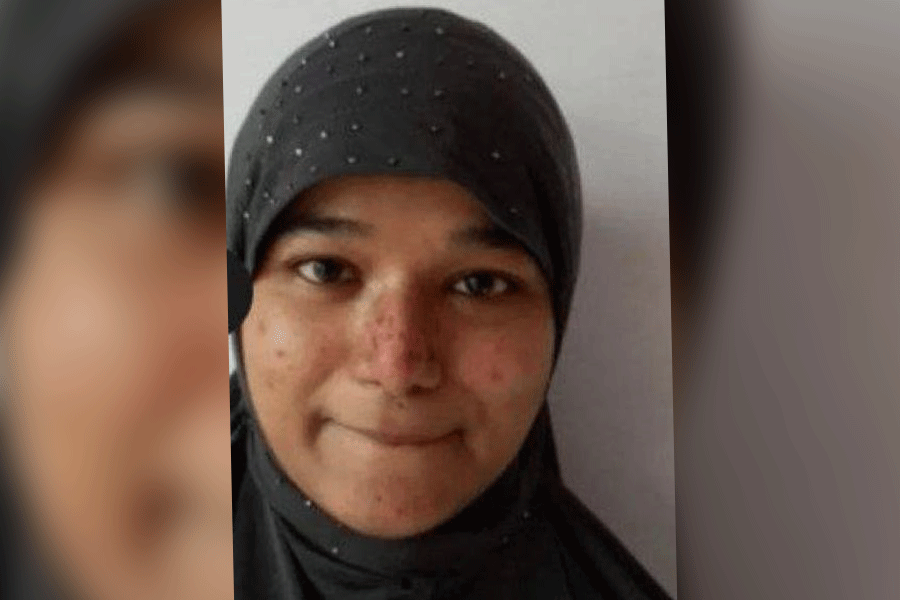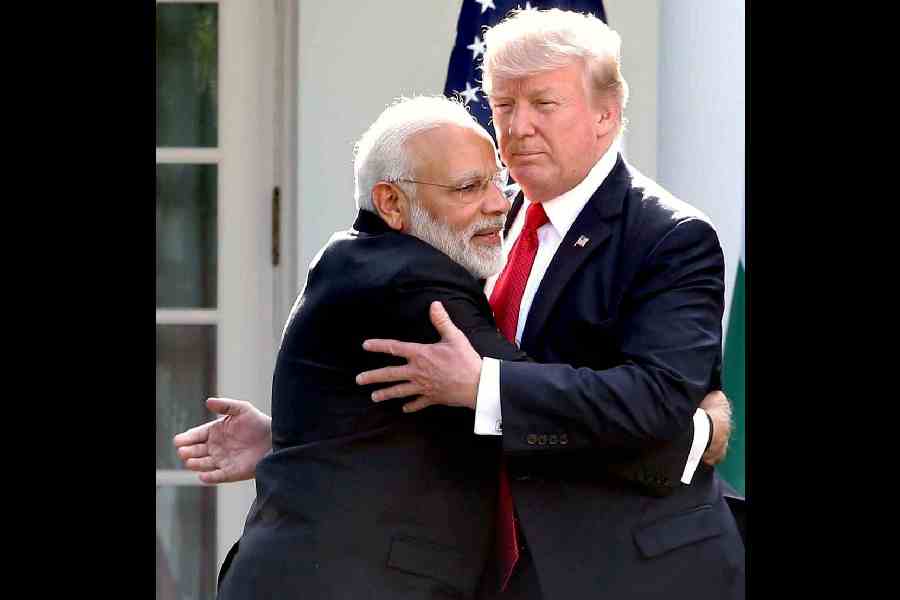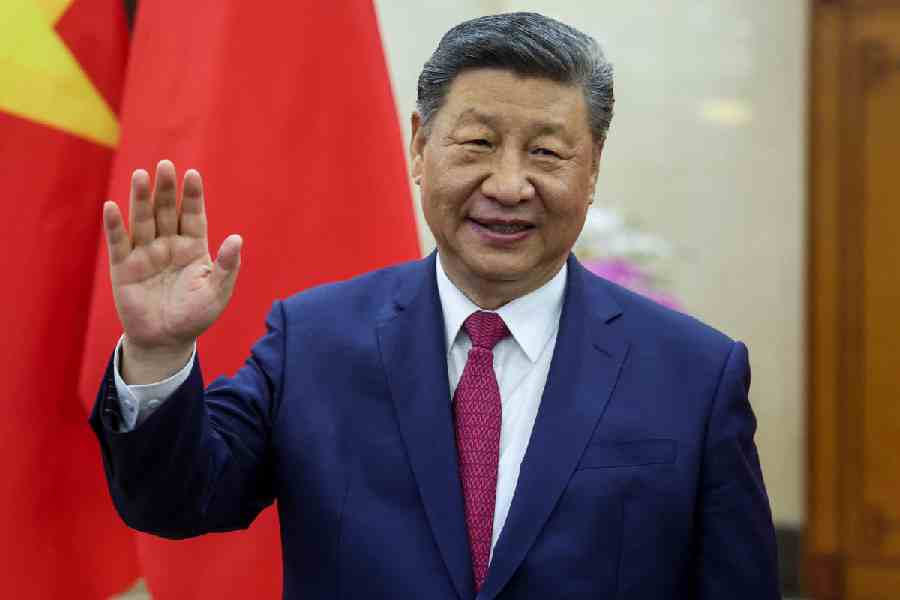
Picture by UB Photos
Shillong: A lull in militant-related activities is expected in the days to come in Meghalaya, especially in the Garo hills region, following the formal surrender of the last few cadres of the Garo National Liberation Army (GNLA) here on Monday after a reign of terror it unleashed for nearly nine years.
However, government authorities are mindful of a similar situation following the signing of a tripartite agreement with the now disbanded A'chik National Volunteers' Council (ANVC) in 2004 where there was a lull in militancy until the GNLA came into the picture in 2009.
After the GNLA, several militant groups sprang up in the Garo hills. However, during the previous government, led by Mukul Sangma, these were dealt firmly with and many surrendered through the help of Church leaders and civil society groups.
Aged between 18 and mid-twenties, eight GNLA cadres surrendered with arms and ammunition before home minister James P.K. Sangma at the police headquarters on Monday.
The cadres include Baringstone S. Sangma from Resubelpara, Hendison M. Sangma, Thangkham Ch. Momin, Kiubirth S. Sangma, Rahul S. Sangma, and Timbil Ch. Marak (all from Williamnagar), Chonbirth Ch. Marak from Baghmara and Sujit G. Momin from Jogisil in West Khasi Hills.
The cadres gave up equipment like AK-56 rifles, Insas rifle, Glock-19, .303 rifle and other ammunition. The surrender came just a few weeks after the killing of GNLA "commander-in-chief" Sohan D. Shira on February 24.
The outfit's comrade in arms, Ulfa (I) leader Dhristi Rajkhowa, whom Meghalaya police are looking for, reportedly fled from West Khasi Hills, days after the Shira's killing.
Welcoming the cadres, the home minister made it clear that there would be no negotiations with any organisation indulging in violence and criminal activities. He said the state government was committed to a militant-free and crime-free Meghalaya.
The surrender will facilitate peace in the Garo hills, West Khasi Hills and South West Khasi Hills districts, he added. Lauding the efforts of the state police and central armed police forces, the minister applauded the role of the people who resisted against militancy. He also appreciated the efforts made by the Church and civil society.
Expecting a lull in militant-related activities, James said, "Now we have to concentrate on improving other facets of policing."










